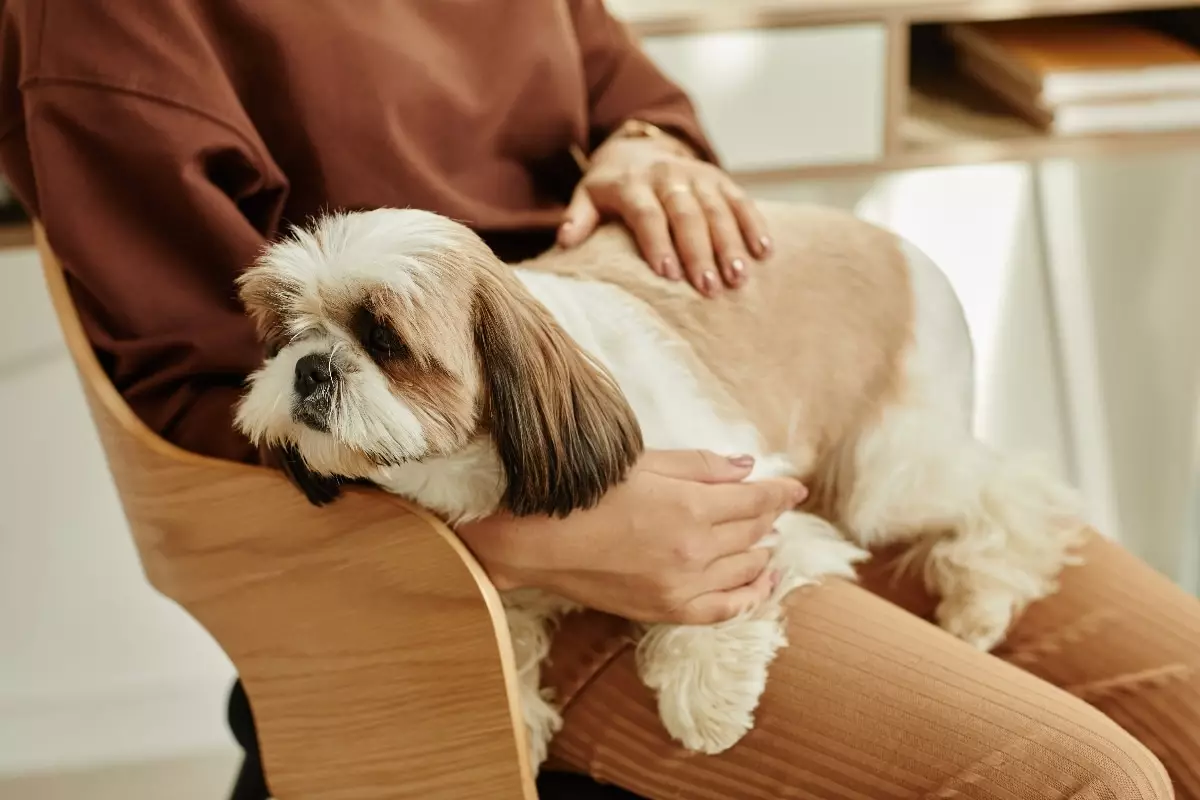In a world increasingly plagued by digital distractions and fleeting human interactions, the timeless appeal of lap dogs reminds us of something deeply human—our innate desire for closeness and comfort. These small, affectionate creatures do more than simply seek a cozy spot; they forge profound emotional bonds by choosing to nestle on our laps. Their unwavering loyalty and craving for intimacy transcend mere pet ownership, transforming into a form of heartfelt connection that elevates their role in our lives. It is this very act of choosing the lap that speaks volumes about their trust and devotion. It challenges us to reflect on the importance of those simple moments of closeness that nourish our souls.
The Breed Spectrum: Diverse Personalities United by a Love for Cuddles
A common misconception portrays lap dogs as a uniform group defined solely by size or appearance. However, a closer look at various breeds reveals distinct personalities united by one common trait: an intense love for human contact. The gentle, regal Cavalier King Charles Spaniel exemplifies this devotion with its naturally calm disposition and innate desire to be close. Conversely, energetic and spirited breeds like Pomeranians and Yorkshire Terriers manifest their affection with playful leaps into laps, demanding attention with exuberance. Small breeds like Chihuahuas and Maltese, often fragile in outward appearance, possess resilient hearts that seek security through cuddles. Meanwhile, breeds such as French Bulldogs, with their stoic exterior, reveal a surprising softness for lap companionship. Each breed’s unique temperament thus enriches our understanding of what it truly means to be a lap dog.
Beyond the Physical: The Emotional Significance of Lap Dogs
The attractiveness of lap dogs extends far beyond their diminutive size or soft coats; it lies in their capacity to serve as emotional anchors. Dogs are remarkably perceptive beings, capable of sensing our moods and offering solace when we need it most. When a dog opts for a lap—rather than a bed or a quiet corner—it signals an active choice to offer comfort, trust, and companionship. This act of “cuddle choosing” is a powerful statement of vulnerability that fosters reciprocal emotional security. For many owners, having a lap dog means more than security; it’s a daily reminder that love, loyalty, and emotional resilience are built through simple gestures of closeness. These dogs teach us that comfort isn’t rooted solely in physical warmth but in the unspoken bond that develops when two souls find solace in shared presence.
The Cultural and Historical Roots of Lap Dogs
Many lap dogs carry a rich history intertwined with aristocracy and companionship. Ancient royals and noble families treasured tiny breeds like Maltese or Shih Tzus, often portraying them as symbols of status and intimacy. These breeds were bred to thrive in luxury, designed to provide constant companionship in personal chambers rather than large outdoor spaces. This historical significance persists today, as modern lap dogs continue to embody a sense of elegance, gentleness, and devotion. Their centuries-old role as companions highlights societal values that prioritize emotional connection over physical activity. Recognizing this lineage deepens our appreciation for these breeds, understanding that their love for laps is a continuation of a long-standing tradition rooted in emotional sustenance and human affection.
The Psychological Benefits of Cuddling with Your Dog
The act of cuddling with a lap dog is not merely a feel-good pastime; it’s a scientifically supported practice with tangible mental health benefits. Physical contact releases oxytocin—the bonding hormone—in both humans and dogs, fostering states of relaxation, trust, and emotional healing. Dogs that favor laps tend to offer consistent emotional support, reducing anxiety, loneliness, and even depression. Their presence can serve as a grounding force during stressful times, acting as a living reminder that genuine connection exists in the simplest of acts—holding, petting, and snuggling. As social creatures, dogs also encourage mindfulness, helping their owners stay present and engaged in the moment. In essence, lap dogs don’t just sit on our laps—they embody a therapy of warmth, trust, and unconditional love that can profoundly enhance our mental well-being.
The Unexpected Depths of the Lap Dog Experience
While the stereotypical image of lap dogs often emphasizes cuteness and charm, beneath their adorable exterior lies a profound capacity for emotional intimacy. They are unpretentious confidantes who thrive on trust and nurture a sense of safety for their owners. Their loyalty can sometimes appear exaggerated, but that’s precisely what makes their companionship so rewarding; in their eyes, we are their entire world. This dynamic invites us to reconsider our relationship with animals—not just as pets, but as fellow beings capable of love and vulnerability. The elegance of a lap dog lies in its ability to communicate love without words. They remind us that true connection is built not through grand gestures but through consistent, small acts of devotion—like simply choosing to sit on a lap.
In the end, lap dogs serve as living proof that the most meaningful bonds are often formed in quiet moments of closeness. Through their unwavering affection, they challenge us to prioritize love, trust, and vulnerability amidst a world that often discourages sincerity. Their presence on our laps is not just a matter of comfort; it’s a celebration of emotional intimacy and a testament to the power of simple, genuine human-animal connections.

